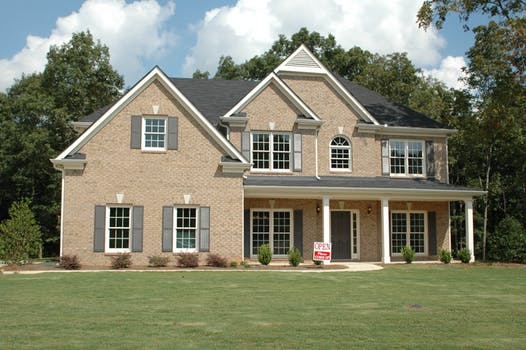Protect Your Rental: Tips to Keep Your Rental Property Safe
A rental landlord’s obligations don’t end with providing a home for your tenants and picking up the rent each month. Their welfare, as well as the safety of their belongings, is partly your responsibility, not to mention your rental’s security.
You need to make sure you put into effect all necessary measurements against burglary and break-ins. Providing a space where your tenants feel safe will probably result in them settling there for a longer period. Here are a few tips on how to keep the burglars at bay and your tenants satisfied.
Fix what needs to be fixed
Take a turn around the house and analyze the potential risks – are there any places that can give burglars easy access? If you know that the window latch in your bedroom is faulty, don’t wait another minute to replace it. Are there any bushes which can provide good cover for an uninvited guest? There are things we know that ought to be dealt with but somehow, we get used to them and forget that the particular state is not common. However, ignoring the possible risks is careless, so it is vital to do all that we can to ensure the safety of your rental and your tenants as well.

Add more light
Common sense tells us that a well-lit house is not an eligible target for a thief. Without the cover of darkness to hide their criminal activity, they will not be able to sneak up on your tenants. So, investing in additional outdoor lighting is probably one of the most practical ideas to provide a clear view of what is going on around your house. Motion-sensor lights are bound to scare off any unwanted visitors, and if the tenants aren’t fast asleep, it will also be a type of an alarm for them that allows them to know that someone is prowling around the house.
Take out an insurance policy
If you want to be completely certain that everything will be taken care of in the case of some event, you can opt for an insurance policy. However, mind you, you need to read the small print to know for sure what the policy covers. To be safe, always choose more comprehensive policies, such as Youi home cover landlord insurance, which encompasses natural disasters as well as damage caused by people. It even covers the content of the property, so you can be at peace even if your keys get stolen or any furniture or furnishings are damaged due to the insured event.
Secure doors and windows
For better security, equip your door with a double-cylinder deadbolt, especially if your doors have glass panels or windows that are close by. This kind of deadbolt cannot be opened from the inside, so it won’t be easy for a burglar to break the glass and reach inside. As for the windows, you can go with locks, which will probably make the perpetrator re-think whether to attempt to get in by breaking the window. Naturally, if you had an unpleasant situation and you had to evict the tenants, don’t forget to change the locks, just in case.

Keep private
Curtains and blinds are not there just to protect you from the sunlight. They also serve as protection from unwanted attention, so advise your tenants to keep the curtains drawn, especially when they are not at home. When the property is not being rented, it is advisable you keep the blinds down. Shielding your privacy in this manner will prevent the burglars from spotting any valuable items that you or your tenants might keep in the house. Also, don’t disregard gossip: if you have any valuables in your rental property, don’t inform the neighbors since you never know who that information may reach.
Renting your real estate can be quite a profitable scheme but it is also a responsible one. Every landlord wishes to have a long-term relationship with their tenants – nobody wants to have shady people marching through the house every month or so.
In order to achieve this rapport, you need to communicate openly but also to ensure their safety. This includes securing doors and windows, installing external motion-sensor lights, and also taking out an insurance policy. By protecting your rental property, you are protecting your tenants and your relationship with them.


